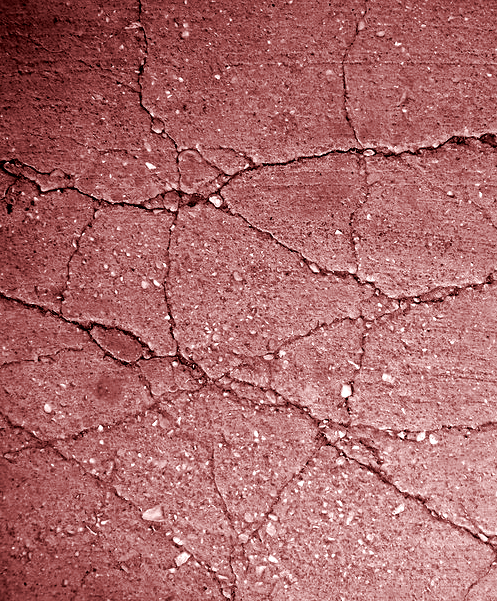Prof sacked in retraction spree
 A Swinburne University researcher has been sacked after having dozens of papers retracted.
A Swinburne University researcher has been sacked after having dozens of papers retracted.
Dr Ali Nazari, formerly of Swinburne's School of Engineering, has had around 30 papers retracted by scientific journals this year.
Journal editors became aware of “author misconduct” and concerns Dr Nazari had “followed a scheme of duplication and falsification”.
One journal publisher went so far as to simultaneously retract 22 papers, some of which related to the strength and resistance of building materials like steel and concrete.
Dr Ivan Oransky, the co-founder of the Retraction Watch blog, has been following the case closely.
“A retraction is basically a journal or a publisher or a researcher saying; ‘Don't trust what is published’,” he said.
“It's the nuclear option of correction in science.
“So officially, what the retraction notices here say is that Dr Nazari was duplicating his work and publishing it many, many times. As many as 70 times, one of the retraction notices says.”
An unnamed whistleblower working close to Dr Nazari revealed the alleged misconduct.
“When it comes to building materials, this is serious business. This drives hundreds of millions of dollars of public investments,” the whistleblower told the ABC.
“This is the stuff of building codes and industry-best practices. Human lives are on the line.
“I have identified 188 papers by Nazari, which appear to suffer from some form of misconduct. In at least 30, I've identified falsification of results.
“These papers appear to combine falsification of results, plagiarism, duplicate publication and ghost authorship.”
Swinburne University's research ethics office says it has investigated, and that Dr Nazari is no longer employed, but would not give more detail.
The retractions so far come from papers published while Dr Nazari's was working at Islamic Azad University in Iran.
“I wish that I could say I was surprised that all of this made it through the peer review process,” Dr Oransky said.
“But my experience tells me that we should often be surprised when the peer review process actually captures the problems.”








 Print
Print